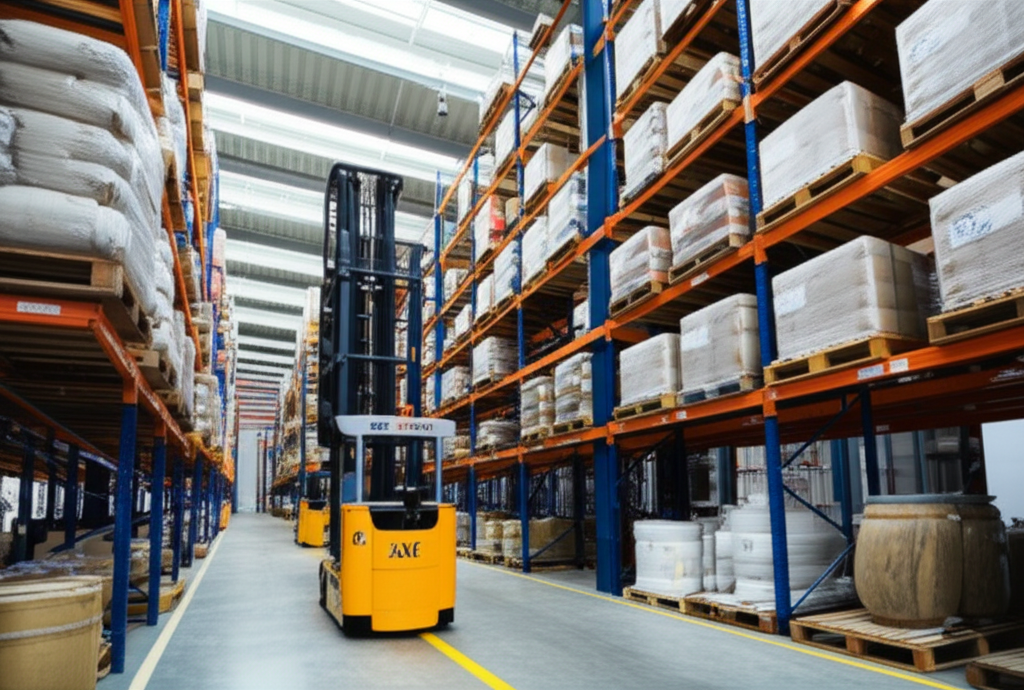This material is produced from select anthracite or nut shell coals through a meticulous process involving carbonization and activation. The resulting product is a fine, black powder characterized by a large surface area and a complex pore structure. These features are critical to its function, allowing it to effectively capture a wide range of organic and inorganic contaminants from liquids and gases.
Key parameters define the quality and performance of coal-based powdered activated carbon. The iodine value is a standard measure of the total surface area and activity, indicating the micropore volume. A higher iodine value typically signifies greater adsorption capacity for small molecules. Similarly, the methylene blue value assesses the mesopore and macropore content and capacity, relevant for adsorbing larger molecules or color bodies.
The particle size distribution is another crucial specification. Material specified as 200 mesh, or within a range like 200-325 mesh, indicates a fine powder suitable for applications where rapid adsorption kinetics are desired, such as in liquid phase treatments.
The manufacturing process is complex and controlled to achieve the desired pore structure and surface chemistry. It typically involves sourcing appropriate raw materials, grinding, carbonization at high temperatures in an inert atmosphere, and activation. Activation is often performed using steam or chemical agents, which selectively gasify the carbon, creating the porous network. Careful control of temperature, time, and activating agent ensures the development of pores optimized for specific applications.
Applications of Coal-Based Powdered Activated Carbon
The versatility of this material makes it indispensable in several sectors:
- Water Treatment: It is extensively used for purifying drinking water and treating wastewater. It effectively removes organic pollutants, chlorine, tastes, odors, and color.
- Decolorization: Critical in the food and beverage industry (e.g., sugar refining, edible oils), chemical processing, and pharmaceutical manufacturing for removing unwanted color compounds.
- Chemical Purification: Used in the purification and refining of various chemicals, solvents, and industrial streams.
- Air and Gas Purification: While granular activated carbon is more common, PAC can be used in certain gas phase applications for removing contaminants or as a catalyst carrier.
Beyond these primary uses, powdered activated carbon finds application as an auxiliary agent in industries like rubber, plastics, textiles, paper, and leather. Its ability to adsorb impurities or act as a filler contributes to product quality and process efficiency.

Quality control is paramount in the production of high-grade activated carbon. Rigorous testing for parameters such as iodine value, methylene blue value, ash content, moisture content, apparent density, and particle size distribution ensures consistency and performance meeting industry standards. Raw material selection, typically anthracite coal known for its high carbon content and hardness, significantly impacts the final product quality.
Suppliers of high-quality coal-based powdered activated carbon play a vital role in the global supply chain. Reliable suppliers offer technical support and product customization to meet specific requirements of diverse applications. When looking to buy powdered activated carbon, it is essential to consider the manufacturer's expertise, production capacity, and quality assurance processes. Factors influencing activated carbon price include raw material costs, energy consumption in production, particle size, and specific quality parameters like iodine and methylene blue values.
For industrial purchasers seeking to purchase this material, understanding the required specifications for their particular application is key. Whether requiring large quantities for water treatment or specialized grades for fine chemical purification, partnering with an experienced manufacturer and supplier ensures access to consistent, high-performing material. Information regarding bulk purchase options, pricing, and minimum order quantities can typically be obtained directly from the supplier or their sales representatives. The availability of samples allows potential buyers to evaluate the product's suitability before committing to larger orders.
Manufacturing Facilities






Professional Export Experience
to Global Customers

1. 20 years of R&D, manufacturing and sales experience, serving customers in 60 countries and regions around the world;
2. Own R&D laboratory, pilot platform and large-scale production workshop, which can meet the audit requirements of global customers;
3. We can satisfy customers' perfect transition from small scale lab requirements (gram level) to commercialization requirements (hundred tons level).
A: We don't have Minimum Order Quantity, exact quantity should be provided before quotation for us to calculate the exact cost.
A: We don't provide free samples due to lots of request and expensive international courier's cost, we can deduct the sample charge after commercial order placed.
A: Our payment terms: Small or sample order: T/T IN ADVANCE. Commercial order: First order should be by T/T IN ADVANCE or L/C at sight, and following orders T/T 30~90days is acceptable subject to approval of credit application.